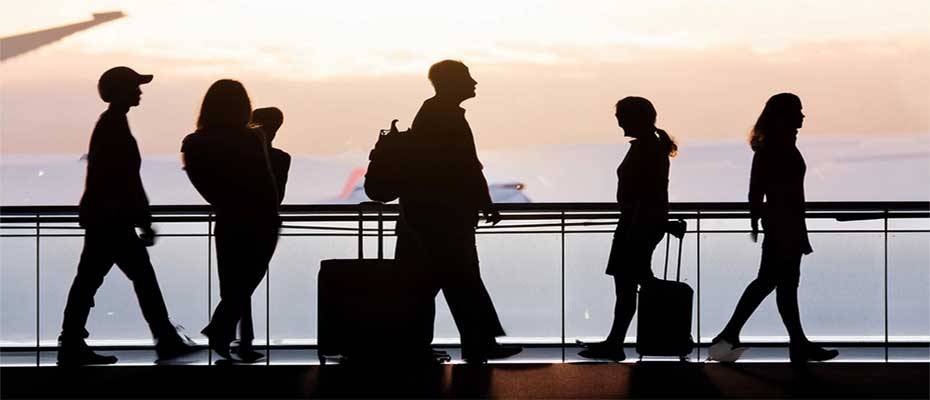Tourexpi
According
to the German Travel Association (DRV), Germans are projected to spend €85
billion on pre-trip travel services this year, marking a 6% increase over 2024.
Spending
on organized travel—including package holidays and tailor-made tours—is also on
the rise, expected to total €40 billion in 2025, up 7% year-on-year. Cruise
tourism remains a key growth driver, with 3.8 million Germans taking river and
ocean cruises in 2024, and numbers forecast to climb again this year.
Destination
Priorities and Budget Sensitivity
Top
summer destinations remain familiar: Turkey, with its strong all-inclusive
offerings, leads the pack, followed by Spain and Greece. Warm-weather locations
across the Mediterranean continue to dominate early bookings. “Despite economic
and geopolitical uncertainty, travel remains a non-negotiable priority for many
Germans,” said DRV President Norbert Fiebig.
Still,
rising costs are leaving their mark. Countries with lower price tags like Bulgaria,
Tunisia, and Egypt are gaining popularity. The Balkans, especially Montenegro
and Albania, are also seeing more interest. According to the ADAC Travel
Monitor, one in three Germans now considers saving money essential when
planning holidays, and 32% do not intend to travel at all in 2025—up from 17%
in 2022.
Sustainability
Falls Behind in Booking Decisions
While
climate change awareness is growing, only 20% of travelers are willing to pay
extra for sustainability-oriented features like local sourcing or
eco-certification. Practical concerns like destination cost and overall appeal
continue to outweigh environmental considerations.
Natural
disaster risks are starting to enter travel planning: 18% of respondents now
take extreme weather events into account, up from 14% in 2022. However,
incidents like last summer’s floods in Valencia or Mediterranean heatwaves have
had limited impact on actual booking behavior.
Industry
Responsibility and the ‘Attitude-Behavior Gap’
The
data highlights a persistent gap between sustainable values and actual travel
choices—a dynamic known as the attitude-behavior gap. According to tourism
expert Prof. Heinz-Dieter Quack of Ostfalia University, it is up to tour
operators, not individual travelers, to drive change. “Sustainability won’t
come from consumer demand. The industry must proactively lead, integrating
environmental responsibility into product design and marketing,” he said.
Quack
calls for digital tools to help manage tourist flows, and in some cases,
restrictions on overtourism. These solutions, he argues, are crucial to
preserving both the environment and the visitor experience.
As
inflation bites and climate risks rise, Germany's travel market remains
resilient—but the path toward sustainable tourism, experts warn, will require
more than good intentions.
Image Credit: © Tourexpi with Adobe Express
The most interesting news
 Read the News
Read the News

Travel technology at ITB Berlin 2026: AI and global innovation reshape the industry
With six fully booked Travel Tech halls, strong international participation and a new Travel Tech Track in the convention programme, ITB Berlin 2026 underscores its role as the world’s leading platform for travel technology and digital transformati
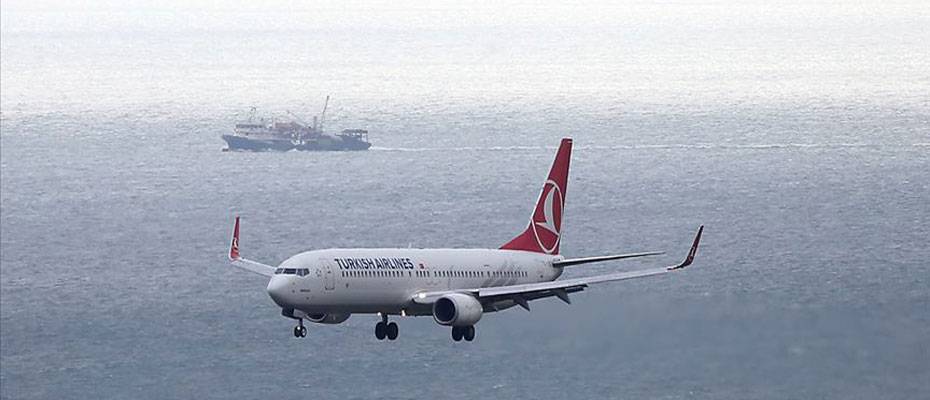 Read the News
Read the News

Türkiye’s airline fleets expand significantly over five years
Driven by rising passenger demand and major airport investments, Türkiye’s airlines have expanded their fleets sharply since 2021, with Turkish Airlines accounting for the largest share at the end of 2025
 Read the News
Read the News

Emirates extends Chauffeur-Drive service in Japan to Narita and Kansai
Premium ground service now available at three major Japanese airports from February and March 2026
 Read the News
Read the News

Moxy Hotels brings a playful twist to the New Year with Sweet Moxy Fest
Limited-edition candy cocktails and interactive lobby experiences roll out across 10 Moxy Hotels in China
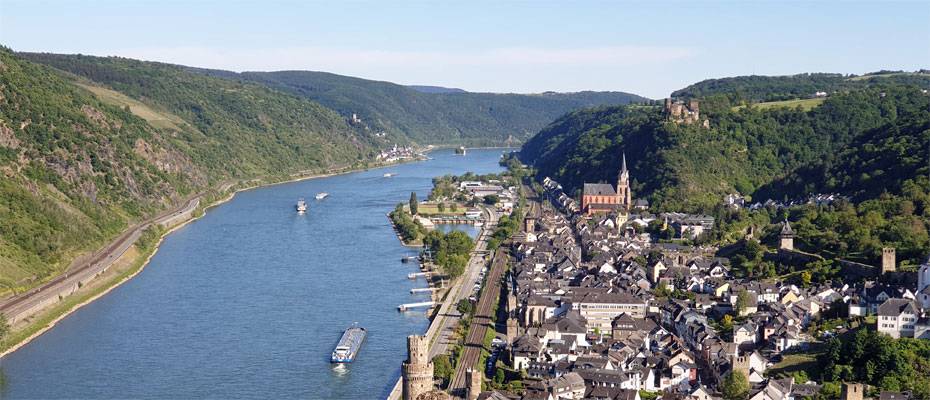 Read the News
Read the News

DRV welcomes National Tourism Strategy as a clear signal for the travel industry
German cabinet sets priorities on competitiveness, cutting red tape and sustainable development
 Read the News
Read the News

WTTC warns US border policy could cut visitor spend by more than USD 15bn
New research finds proposed ESTA social media disclosures may deter one-third of international travellers and put 157,000 U.S. jobs at risk
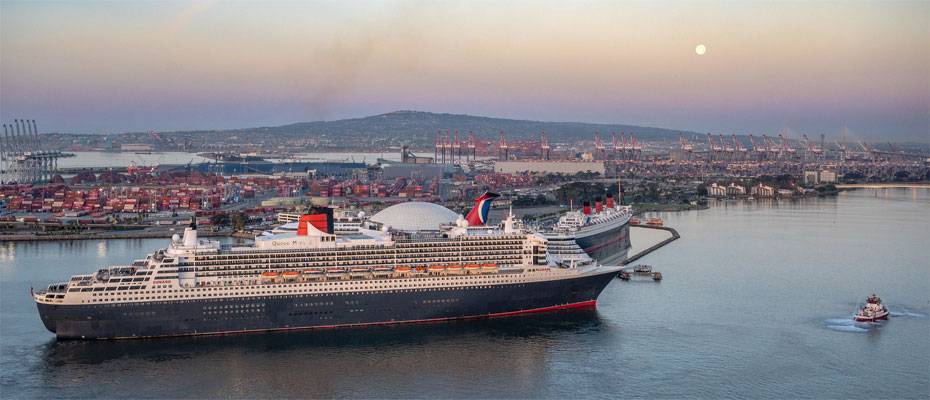 Read the News
Read the News

Queen Mary 2 reunites with historic Queen Mary off Long Beach
Rare maritime rendezvous marks first meeting in 20 years during Cunard’s 2026 World Voyage
 Read the News
Read the News

Rome introduces entry fee for access to Trevi Fountain viewing area
€2 ticket aims to manage crowds and fund conservation following record visitor numbers
 Read the News
Read the News

Celebrity River Cruises announces 10 additional ships and opens 2028 Europe season
With an order for ten new vessels and the opening of bookings for its 2028 European season, Celebrity River Cruises is significantly accelerating its expansion on Europe’s rivers
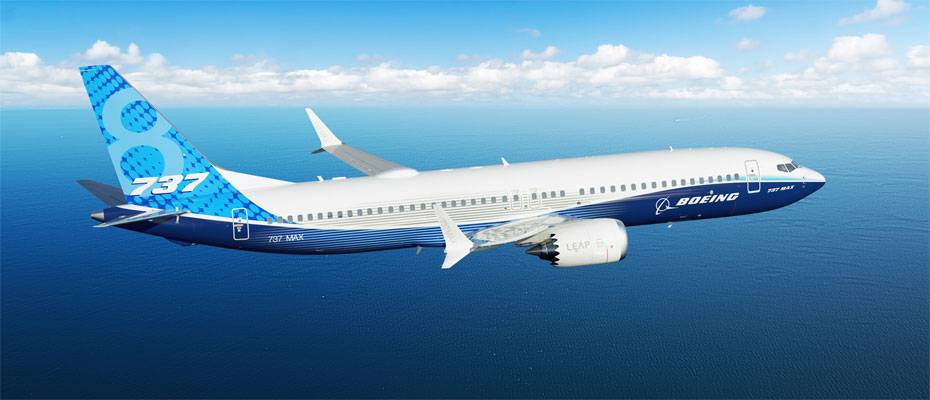 Read the News
Read the News

Air India expands single-aisle fleet with order for 30 Boeing 737 MAX jets
By ordering 30 additional Boeing 737 MAX aircraft, Air India is accelerating the modernisation of its fleet and reinforcing its growth strategy in India’s rapidly expanding domestic and regional aviation market
 Read the News
Read the News

Qatar Airways showcases user-led innovation at Web Summit Qatar 2026
The airline presents customer-centric digital, loyalty and experiential technologies at its Innovation Pavilion from 1–4 February
 Read the News
Read the News

Türkiye’s tourism revenue reaches over $65bn in 2025
Visitor numbers climbed to 63.9 million, while average spending per capita exceeded $1,000, according to TurkStat
 Read the News
Read the News

Lufthansa to modernise A380 Business Class with new premium seats
All eight Airbus A380s to receive upgraded Business Class cabins as part of Lufthansa’s largest fleet renewal programme
 Read the News
Read the News

Hurghada: TUI Care Foundation supports Maaza Bedouin community through cultural tourism
With a new cultural tourism initiative in Hurghada, the TUI Care Foundation is strengthening the visibility, livelihoods and cultural heritage of Egypt’s Maaza Bedouin community while creating authentic experiences for visitors to the Red Sea desti
 Read the News
Read the News

TAT launches ‘Feel All The Feelings’ campaign with LISA as Amazing Thailand Ambassador
With a new TV commercial featuring Lalisa “LISA” Manobal, the Tourism Authority of Thailand (TAT) is strengthening its Trusted Thailand strategy and positioning the country as a high-quality destination through emotion-led storytelling
 Read the News
Read the News

TAT launches Amazing MuayThai Festival 2026 in Hua Hin
Four-day event from 4–7 February celebrates National Muay Thai Day and positions Thai heritage at the heart of sports tourism
 Read the News
Read the News

GNTB named Top 100 Innovator for sixth consecutive year
Jury honours digital projects and AI-driven marketing strategies that strengthen Germany’s global destination profile
 Read the News
Read the News

ITB China names Georgia Partner Destination for 2026
Partnership highlights Georgia’s strategic focus on the Chinese outbound market and deepens cooperation in destination promotion and trade exchange
 Read the News
Read the News

TAT launches Expat Travel Fair 2026 in Hat Yai
New Go South initiative targets expatriates and long-stay visitors with value-led offers and cultural experiences across Southern Thailand
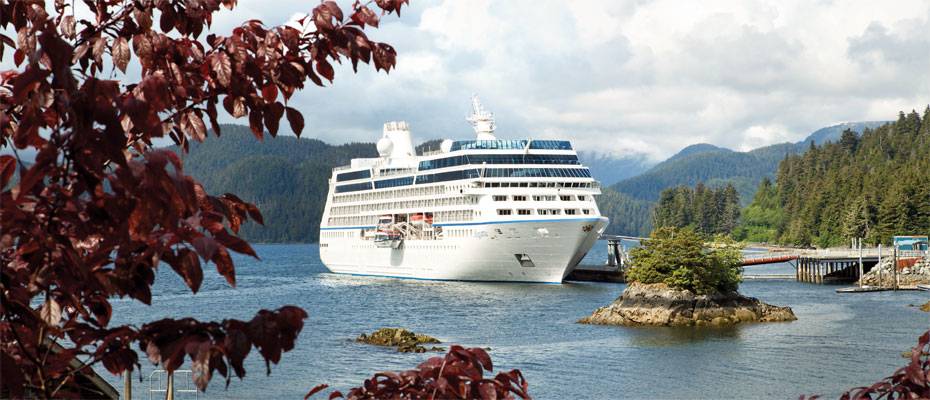 Read the News
Read the News

Oceania Cruises marks America’s 250th anniversary with distinctive Alaska and New England voyages
Luxury cruise line unveils 19 journeys in 2026 combining heritage, landscapes and destination-focused culinary experiences
 Read the News
Read the News

Condor launches daily Frankfurt–Cairo service from May 2026
New route strengthens Condor’s international network and expands access to a key market in North Africa

